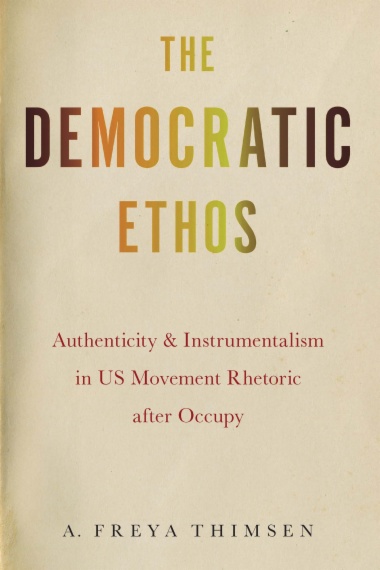

Sustainability of the natural environment and of our society has become one of the most urgent challenges facing modern Americans. Communities across the country are seeking a viable pattern of growth that promotes prosperity, protects the environment, and preserves the distinctive quality of life of their regions. The coastal zone of South Carolina is one of the most endangered, culturally complex regions in the state and perhaps in all of the American South. A Delicate Balance examines how a multilayered culture of environmental conservation and sustainable development has emerged in the lowcountry of South Carolina. Angela C. Halfacre, a political scientist, describes how sprawl shock, natural disaster, climate change, and other factors spawned and sustain—but also threaten and hinder—the culture of conservation.
Since Hurricane Hugo in 1989, the coastal region of South Carolina has experienced unprecedented increases in residential and commercial development. A Delicate Balance uses interdisciplinary literature and ethnographic, historical, and spatial methods to show how growing numbers of lowcountry residents, bolstered by substantial political, corporate, and media support, have sought to maintain the region's distinctive sense of place as well as its fragile ecology. The diverse social and cultural threads forming the fabric of the lowcountry conservation culture include those who make their living from the land, such as African American basket makers and multigenerational famers, as well as those who own, manage, and develop the land and homeowner association members. Evolving perceptions, policies, and practices that characterize community priorities and help to achieve the ultimate goal of sustainability are highlighted here.
As Halfacre demonstrates, maintaining the quality of the environment while accommodating residential, commercial, and industrial growth is a balancing act replete with compromises. This book documents the origins, goals, programs, leaders, tactics, and effectiveness of a conservation culture. A Delicate Balance deftly illustrates that a resilient culture of conservation that wields growing influence in the lowcountry has become an important regional model for conservation efforts across the nation.
A Delicate Balance also includes a foreword by journalist Cynthia Barnett, author of Blue Revolution: Unmaking America's Water Crisis and Mirage: Florida and the Vanishing Water of the Eastern U.S.